Isaiah prophesied about God’s judgment and mercy towards Israel and Judah 740 – 680 years before the birth of Jesus, of whose ministry and atoning death Isaiah described with striking detail. In chapter 28:23-29, amidst a warning of judgment against Judah, the Holy Spirit said through Isaiah:
23 Give ear, and hear my voice;
give attention, and hear my speech.
24 Does he who plows for sowing plow continually?
Does he continually open and harrow his ground?
25 When he has leveled its surface,
does he not scatter dill, sow cumin,
and put in wheat in rows
and barley in its proper place,
and emmer as the border?
26 For he is rightly instructed;
his God teaches him.
27 Dill is not threshed with a threshing sledge,
nor is a cart wheel rolled over cumin,
but dill is beaten out with a stick,
and cumin with a rod.
28 Does one crush grain for bread?
No, he does not thresh it forever;
when he drives his cart wheel over it
with his horses, he does not crush it.
29 This also comes from the Lord of hosts;
he is wonderful in counsel
and excellent in wisdom.
This passage contains two statements about sensible agricultural practices (vv 24-25), followed by an assertion that the source of the knowledge of how to till, sow, nurture, and harvest food all comes from God (vv. 26 & 29). When you go about your business how often do you worship God as the source of the accumulated knowledge of generations of professionals in your line of work? Are you an accountant, a teacher, an electrician, an artist, a cook? If someone asked you how you learned your skill, would you say “I worked under a guy who really knew his stuff” or “I read books” or “I took many classes”? It is certainly appropriate to credit our mentors and benefactors for supporting our growth in knowledge, but if we are giving credit where it is due, then it is a glaring omission not to direct attention to Jesus Christ, “in whom are hidden all the treasures of wisdom and knowledge” (Colossians 2:3). Giving God glory for any success we enjoy in our work it not Christian virtue signaling, it is common sense. Do you really think it was by our own ingenuity that we humans came to understand the role of chloroplasts in photosynthesis?
God is the one who waters the earth. He instructs water when it must fall, where it can and cannot travel, and how it must sustain plants, animals, and people. Consider Psalm 104:
5 He set the earth on its foundations,
so that it should never be moved.
6 You covered it with the deep as with a garment;
the waters stood above the mountains.
7 At your rebuke they fled;
at the sound of your thunder they took to flight.
8 The mountains rose, the valleys sank down
to the place that you appointed for them.
9 You set a boundary that they may not pass,
so that they might not again cover the earth.
10 You make springs gush forth in the valleys;
they flow between the hills;
11 they give drink to every beast of the field;
the wild donkeys quench their thirst.
12 Beside them the birds of the heavens dwell;
they sing among the branches.
13 From your lofty abode you water the mountains;
the earth is satisfied with the fruit of your work.
14 You cause the grass to grow for the livestock
and plants for man to cultivate,
that he may bring forth food from the earth
15 and wine to gladden the heart of man,
oil to make his face shine
and bread to strengthen man’s heart.
16 The trees of the Lord are watered abundantly,
the cedars of Lebanon that he planted.
17 In them the birds build their nests;
the stork has her home in the fir trees.
18 The high mountains are for the wild goats;
the rocks are a refuge for the rock badgers.
What a beautiful, detailed description of God’s governance of the water cycle! Looking to Him in prayer and listening to Him by reading His holy word ought to be the first step in water management. Why wouldn’t we humbly ask for God’s input? What reasonable excuse could we devise not to? There is no knowledge, no wisdom, no understanding of science and ecology, except that which flows from the One who imbued the universe He created with information and who made that information comprehensible to our minds, which He also created.
As Sweetwater goes about our business, we worship God as a matter of course. Prayer is our native language because we understand from His word that there is nothing we know about the world’s function except that which God has graciously given to us and enabled us to grasp.
The fear of the Lord is the beginning of wisdom, and knowledge of the Holy One is understanding.
~Proverbs 9:10

